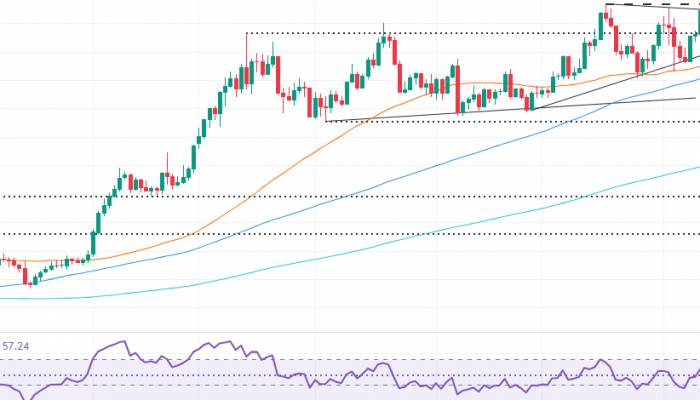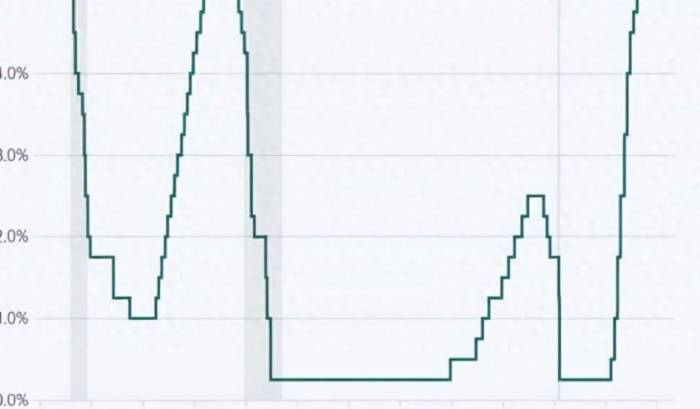How to boost the economy?
Stimulating consumption is crucial; how to stimulate consumption?
Enhancing the purchasing power of residents is essential; how to enhance the purchasing power of residents?
Besides increasing income, reducing burdens is also necessary.
There are many ways to increase income, but not many can produce a rapid effect.
Raising employee wages is something companies cannot bear; raising civil servant salaries is something the government's finances cannot bear, and it would further widen the income gap; giving money to residents is not only beyond the government's financial capacity but also relies on printing money, which could leave a hidden danger of inflation, and most of the money would not be converted into consumption.
Especially for the wealthy, giving them money is like throwing it into the water.
Therefore, the path to increasing income is difficult to move forward, and can only rely on development to gradually break through.
Compared to increasing income, there may be more ways to reduce burdens, and some measures might take effect in a relatively short period of time.
There are many ways to reduce burdens, such as raising the personal income tax threshold and reducing the costs of education and healthcare.
However, these measures might be simple to operate but difficult to implement.
Especially facing financial difficulties, some measures are hard to initiate in the short term.
Even if implemented, their effect on stimulating consumption might not be very obvious.
For example, raising the personal income tax threshold might not be very effective, as those who can meet such conditions should have a relatively high income level, while many corporate employees' income levels do not reach this threshold.
So, what burden-reducing methods are effective in stimulating consumption?
Given the current situation, reducing the interest rates on existing mortgages might be a good choice.
First, those with mortgages are homeowners, who are relatively well-off in the middle class with certain abilities to repay their mortgages, but they are also not very financially comfortable and face some pressure in repaying their loans.
If their mortgage costs can be reduced and the pressure of loan repayment is alleviated, it can have a certain incentive effect on consumption.
Because residents with mortgages are originally important consumer groups and are at a medium level in terms of consumption.
It's just that the pressure of mortgage loans has reduced their consumption ability.
However, their desire and motivation to consume have not weakened, and once the pressure of loan repayment is reduced, their consumption motivation will be enhanced.
Therefore, the consumption effect of reducing the interest rates on existing mortgages can be reflected to some extent.
On the contrary, lowering the deposit interest rates might seem to reduce the financing costs for businesses, but it is not the case.
If businesses are not operating smoothly, they don't even have the desire to borrow, so there is no talk of reducing financing costs.
Therefore, reducing the interest rates on existing mortgages is the better way to influence consumption at present.
Second, reducing the interest rates on existing mortgages can reduce the inherent impulse for residents to repay their loans early.
Currently, the average interest rate on existing mortgages is 4.27%, which is about 82 basis points higher than the weighted average interest rate of new mortgages in the second quarter of 2024, which is 3.45%.
If the interest rate on existing mortgages could be reduced to the weighted average level of new mortgages, a loan of one million could save more than 8,000 yuan in interest expenses in a year, which would be over 160,000 yuan in 20 years, and more than 240,000 yuan in 30 years.
If residents could use the saved money for consumption, or most of it for consumption, it would not only have a significant impact on consumption but also residents would not rush to repay their loans, nor would they try every means to adjust the loan structure, going through the trouble of repaying and then borrowing again.
For banks, this should be a good thing, as it can avoid significant changes in existing loans.
Third, reducing the interest rates on existing mortgages can enhance residents' trust in the government.
From the actual situation over the years, local governments have always been on the side of developers, and the various policies issued have been considered for developers, with little consideration for the interests of the general public.
Especially during the period of rapid housing price increases, it has provided space for the interests of developers.
Although the ultimate goal is for the government's own interests and achievements, for the general public, it is a disregard and lack of care for them, not reflecting the government's principle of governing for the people.
If the interest rates on existing mortgages could be reduced, it could also be considered as a good thing the government has done for the residents, which can enhance the residents' affection for the government and strengthen their trust in the government.
Once the trust is established, the government's appeal can be improved.
Otherwise, how can we mobilize the enthusiasm of the general public for economic development?
How can we make them believe that their income levels can increase and they can consume with confidence?
In turn, how can the economy develop?
Fourth, reducing the interest rates on existing mortgages may also have a certain positive effect on stimulating residents' willingness to buy homes.
When interest rates rise, the interest rates on existing mortgages are not increased; when interest rates fall, the interest rates on existing mortgages are reduced.
For residents, this is a sign of concern for them and shows that policies are fully considering their interests.
Under such circumstances, some residents who are still hesitant may, in the face of a reduction in mortgage interest rates, firm up their resolve to buy a home, transforming their hesitation into a purchase.
Because they see that mortgage policies are tilted towards homebuyers and are trustworthy.
Once the number of homebuyers increases, it can not only play a positive role in resolving real estate risks but also effectively boost the economy.





























